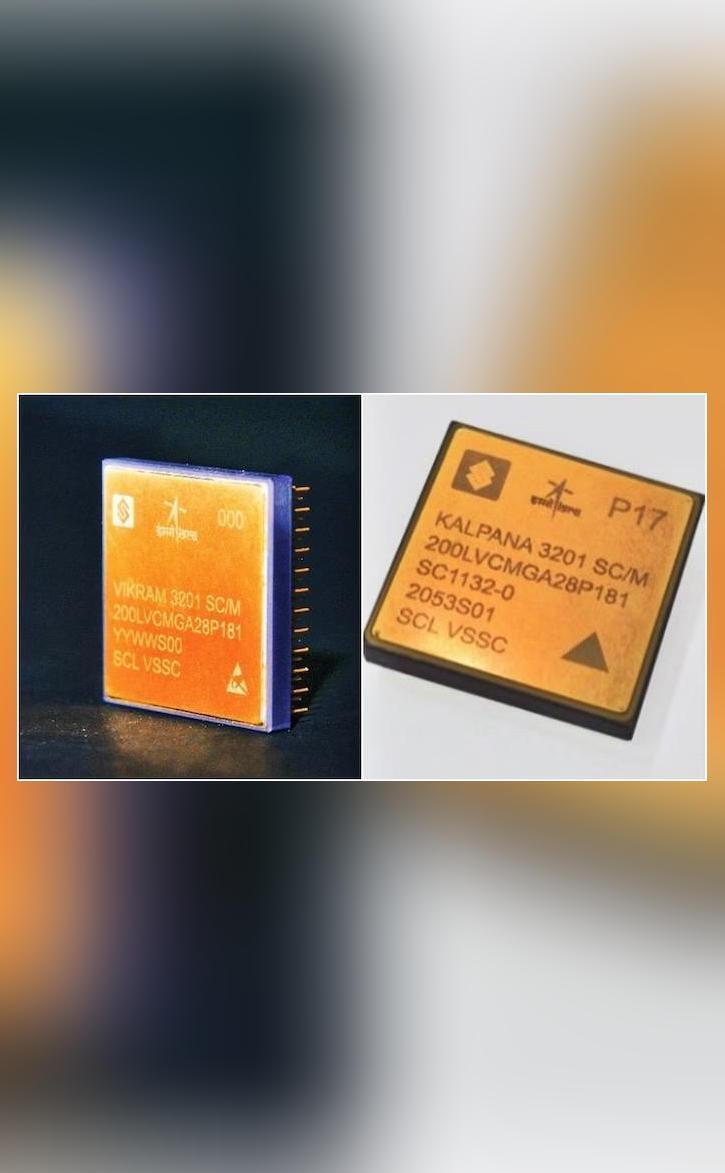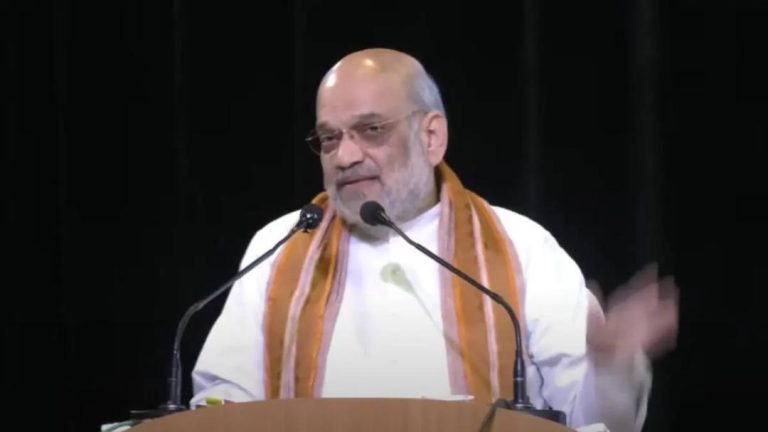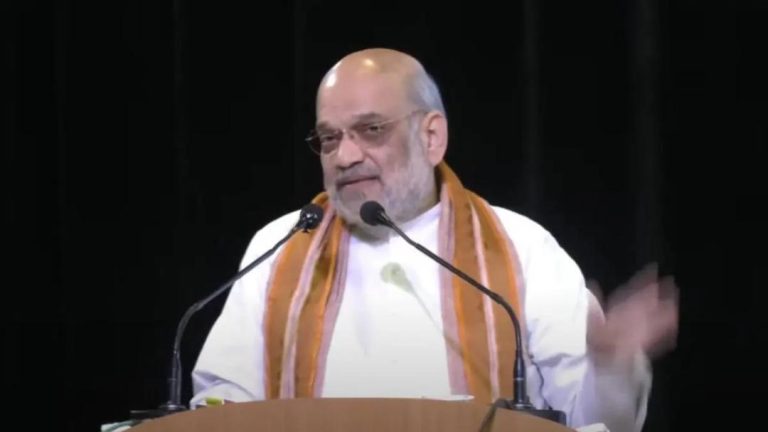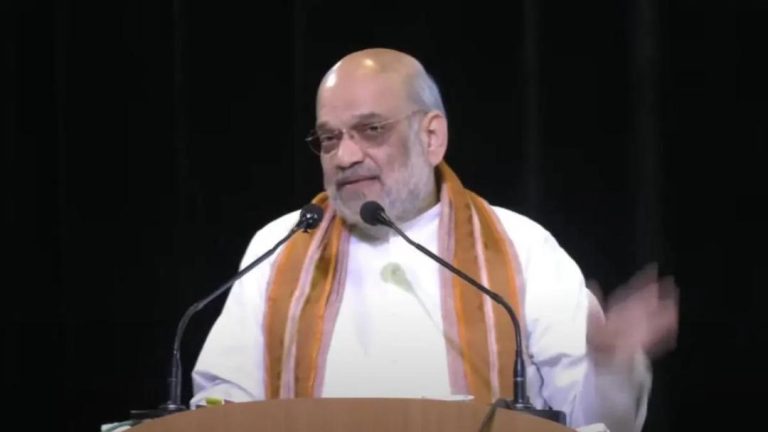
ISRO & SCL Develop 32-Bit Microprocessors for Space Applications
In a significant achievement for the Indian space industry, the Indian Space Research Organisation (ISRO) and the Semiconductor Laboratory in Chandigarh have jointly developed two 32-bit microprocessors, VIKRAM3201 and KALPANA3201. These microprocessors have been designed and developed specifically for space applications, showcasing India’s growing capabilities in the field of space technology.
The VIKRAM3201 microprocessor is a notable achievement as it is the first fully “Make-in-India” 32-bit microprocessor that has been qualified for use in the harsh environmental conditions of launch vehicles. This is a significant milestone for the Indian space industry, as it demonstrates the country’s ability to design and develop complex electronic components that can withstand the extreme conditions of space travel.
The VIKRAM3201 microprocessor is a 32-bit processor that operates at a clock speed of 50 MHz and has a power consumption of 1.2 watts. It has a memory bandwidth of 32-bit and supports external memory up to 64 MB. The processor also has a range of features such as interrupt handling, timer, and serial communication interface, making it suitable for use in a variety of space applications.
The KALPANA3201 microprocessor, on the other hand, is a 32-bit processor that operates at a clock speed of 25 MHz and has a power consumption of 0.6 watts. It has a memory bandwidth of 32-bit and supports external memory up to 16 MB. The processor also has a range of features such as interrupt handling, timer, and serial communication interface, making it suitable for use in a variety of space applications.
The development of these microprocessors is a significant achievement for ISRO and SCL, as it demonstrates the country’s growing capabilities in the field of space technology. The microprocessors have been designed and developed using cutting-edge technology and have been tested extensively to ensure their reliability and performance.
The VIKRAM3201 microprocessor is expected to be used in a variety of space applications, including launch vehicles, satellites, and spacecraft. The processor’s ability to withstand the harsh environmental conditions of space travel makes it an ideal choice for use in these applications.
The development of these microprocessors is also expected to have a significant impact on the Indian space industry, as it demonstrates the country’s ability to design and develop complex electronic components that can withstand the extreme conditions of space travel. This is expected to pave the way for further growth and development in the industry, as Indian space agencies and private companies are increasingly looking for domestically developed components to use in their space missions.
In conclusion, the development of the VIKRAM3201 and KALPANA3201 microprocessors by ISRO and SCL is a significant achievement for the Indian space industry. The microprocessors have been designed and developed using cutting-edge technology and have been tested extensively to ensure their reliability and performance. The VIKRAM3201 microprocessor is the first fully “Make-in-India” 32-bit microprocessor that has been qualified for use in the harsh environmental conditions of launch vehicles, demonstrating India’s growing capabilities in the field of space technology.






